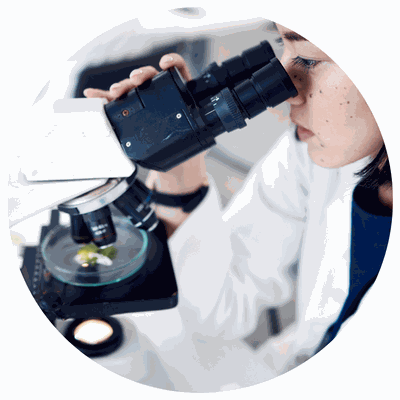Gut-on-a-chip: breakthrough device to simulate the GI system
March 11, 2023 | Microbiology Lab
Digestion is one of the most complex processes in our body. The gut, which contains a diverse microbial population that interacts and cooperates with intestinal cells makes it possible to digest food and drugs. Digestive problems and other related diseases are strongly linked to the disruption in the gut’s microbiome. For instance, inflammatory bowel disease, obesity, asthma, and even psychological and behavioral disorders. Studying the gut requires valid models of the gut to better understand its function and associated ailments.
In research from the University of California, Berkeley, and Lawrence Berkeley National Lab, a newly developed approach via gut-on-a-chip devices was described to potentially bridge lab models and human biology.

The devices are miniaturized models of human organs. They are capable of simulating interaction between cells and tissue cultures with precisely controlled nutrients via tiny microchannels. The model was found to be time-efficient and may address cost challenges in operating clinical trials, including the issue on the use of animals in testing.
"Access to valid models of human organs that can be studied conveniently in the lab can significantly accelerate scientific discoveries and the development of new medications”, says head researcher Amin Valiei.
The study highlights key gut-on-a-chip devices and their successes in terms of simulating microbial and human cellular biology. Currently, the researchers are using the device to investigate dysbiosis, an imbalance in the gut microbial community that is a risk factor for major health problems like diabetes, liver disease, and colon & rectal cancers, amongst others. The current endeavors aim to gather innovative ways to diagnose, mitigate, and treat the condition.